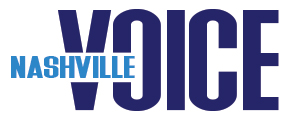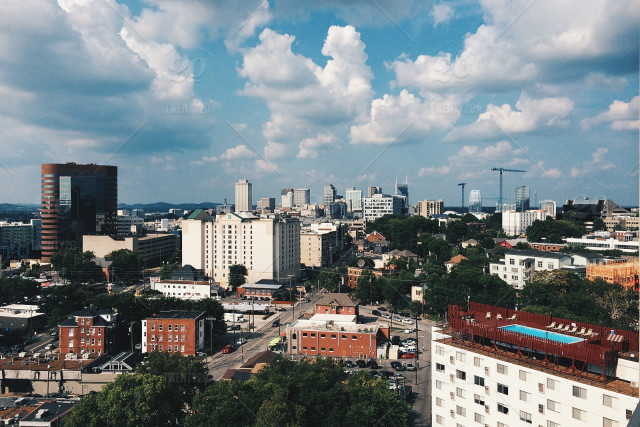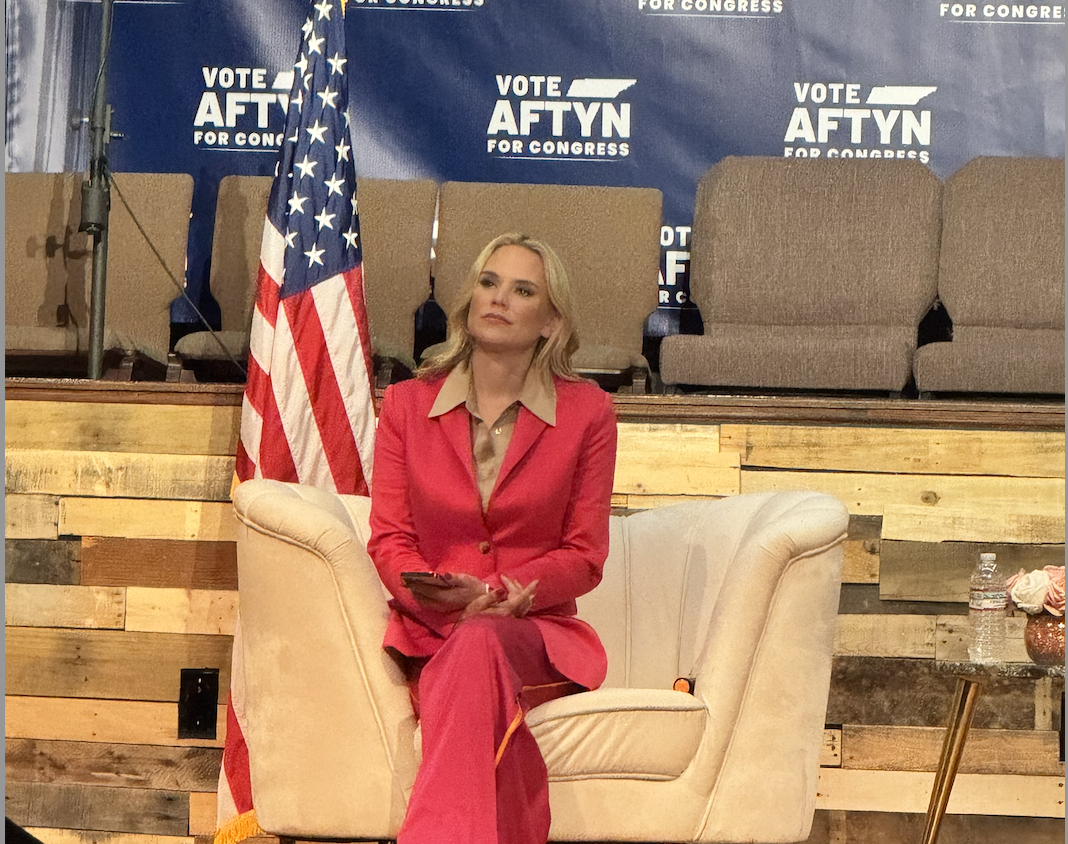Nashville, Tenn. – Mayor John Cooper today issued a key report detailing steps Nashville can take in the next three years to address its pressing affordable housing needs. In the report, the mayor’s 22-expert Affordable Housing Task Force provides nine priority recommendations for making significant progress between now and 2024.
“Nashville must be a city that works for everyone,” Mayor Cooper said. “And – in a city that works for everyone – everyone who works here should be able to live here. That includes our teachers, first responders, and food service workers – the essential workers who got us through this past year.”
Mayor Cooper acted early on five of the group’s ideas, proposing immediate steps during his April 29 State of Metro address – including a plan to triple the number of dollars allocated to affordable housing in Nashville for the coming year.
“The scale and urgency of Nashville’s housing crisis is significant, and I am thankful for and impressed with the speed at which Mayor Cooper has taken action,” said Edward Henley, the task force’s co-chair.
What Is Affordable Housing?
An economically secure resident will spend no more than 30 percent of their annual income on rent or a mortgage, according to the U.S. Department of Housing and Urban Development.
In Nashville, an estimated 65,000 households – just less than half of Davidson County’s renters – exceeded that threshold, pre-pandemic. Meanwhile – though the inventory is more difficult to track– the options for affordable homeownership are even fewer.
That leaves families of four that earn $0 to $67,450 – including Nashville’s teachers and first responders – struggling to find housing they can afford in the city they serve.
And the problem has only worsened in the last 18 months, with pandemic-related relocations bringing more people to Nashville and supply-chain bottlenecks choking off building material supplies and driving up construction costs.
The Forecast for 2030
Nashville’s public and private housing providers create and preserve access to an estimated 1,350 affordable housing units a year. To avoid a potential 50,000-unit shortage by 2030, annual production should increase by as much as fourfold, to 5,250 units.
Multiple factors – like wages and building costs – will affect housing affordability at any given time, but there is a constant: Building a city’s affordable housing ecosystem requires funding and policy action at the municipal, state and federal levels.
Already In Motion
In his State of Metro address, Mayor Cooper included the following proposed actions:
$22.5 million for the city’s Barnes Fund, which includes both recurring city and one-time federal American Rescue Plan (ARP) dollars
$3 million to encourage private-sector participation in affordable housing development with a payment in lieu of taxes program
$10 million (ARP dollars) to create a Catalyst Fund so Nashville can quickly preserve at-risk units and proactively create affordable housing near proposed public projects (bus stops, parks, community centers and libraries)
A plan to partner with a private or nonprofit developer to build affordable housing on nearly three acres of Metro-owned property at 2119 24th Ave. N.
$500,000 to create a long-term Metro Nashville housing plan
Resources to bring two full-time housing experts to Metro Planning
Additionally, Mayor Cooper included $2 million in his February 2021 capital spending plan to leverage participation agreements with developers to preserve and create more affordable housing.
Metro Council in March approved the mayor’s capital spending plan and is set to vote on his proposed operating budget for fiscal year 2022 by the end of June.









